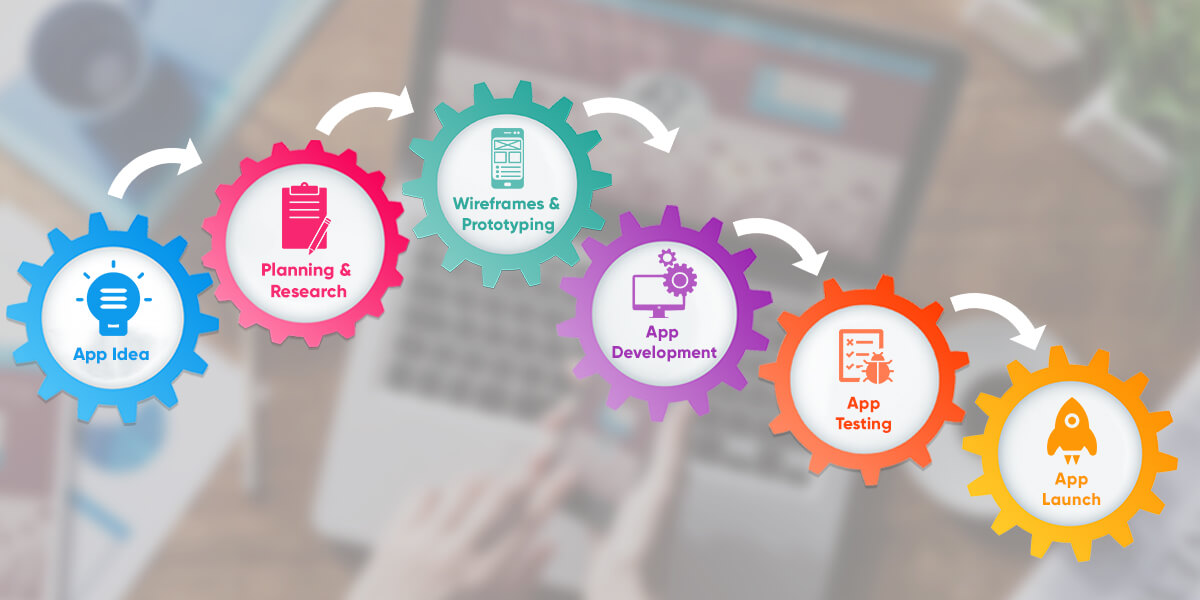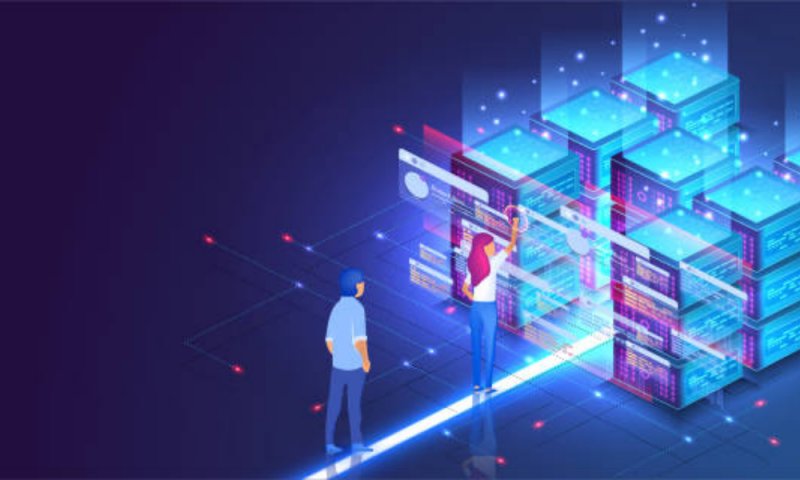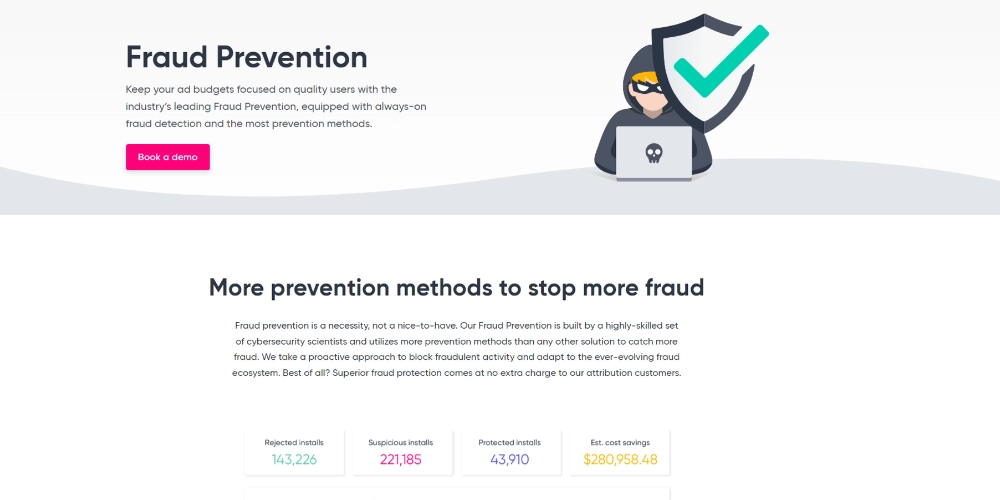For what use does a mobile application not exist? Whether you own an iPhone or an Android smartphone, you can do almost everything with an app. Businesses now need to build mobile apps. Offering your clients a mobile app that makes it easy and fast for them to interact with you is beneficial whether you run a retail business or provide services.
Whatever the purpose of your mobile application, you want it to function well, adhere to legal and industry requirements, and provide users with an excellent experience in general. Working with a mobile app development business in the USA that meticulously adheres to the app development lifecycle is essential for success. Mobile app development Columbus Ohio is a reflection of the city’s vibrant tech scene, where talented programmers work with local organizations and cutting-edge technology to produce custom online offerings that meet a wide variety of requirements and stimulate regional prosperity.
This blog article will provide much-needed information and trends, including fact-based and statistical information about iOS and Android app development. Before you begin developing a mobile app, you may want to find out more about the app development lifecycle.
There are several stages in the mobile app development life cycle for both iOS and Android applications. Before beginning the procedure, be sure you understand each step.
Mobile app development trends
Sales of mobile apps worldwide topped 365 billion US dollars. By 2024, in-app advertising and commercial downloads will bring in over US$935 billion in income. You’ll be inspired to search for mobile app development by the numbers alone.
Which companies in 2024 will need mobile apps?
On-Demand Solutions is one of the primary businesses that needs an application as we adjust to our new routine.
On-Demand solutions include groceries and food delivery, on-demand movie services, taxi booking, and medical booking. This is a unique statistic about US meal delivery applications.
The most recent mobile app use forecast from eMarketer indicates that the popularity of food delivery apps is rapidly growing in the United States. 38.0 million Americans are expected to use these apps this year.
Let’s examine the cycle of app development.
Understanding the application development cycle is necessary. It is applicable to both iOS and Android app development.
1. Application Strategy and Planning
To get a feel of what you want from an app, you look at your rivals’ applications and your market position in the first stage of the mobile app development lifecycle. You might also hire a US-based mobile app development business to help you analyze it. There are two methods to do this: industry research and smartphone tactics. Remember to do a ROI calculation. By securing a specialized team of specialists focused to the single goal of creating, developing, and upholding mobile apps, you can hire dedicated app developers and ensure that your project receives the best conceivable attention and competence at every phase of development.
2. Selecting the application’s technology and foundation
In the second stage, you determine what kind of technology you’ll need to use and create a comprehensive plan to help you stay on course. An application may be built using a variety of frameworks. Cross-platform use is another option for on-demand solutions.
3. Get the application’s initial prototype ready.
At this point in the mobile app development lifecycle, a visual representation of the future app begins to take shape. A prototype aids in your awareness of the fundamental idea and capabilities of an application. You can additionally convey your requirements to an American company that develops mobile apps for what is needed in the application.
4. The development stage should now begin.
For the Android as well as the iOS platforms, constructing a mobile application can be broken down into two stages: creating the back end, that includes APIs and business logic, and planning the program’s front end.
Development on the front end
It is the progress made on the mobile application. It entails connecting app displays to the back-end and designing displays for different mobile layouts.
The goal is to create an application that works seamlessly across several platforms and offers users a valuable experience. An application layer is created at this phase, and users may engage with it directly.
Establishment of back-end APIs
The server and database are the focus of this development phase. The API layer, functionality, data management, and retrieving are all included in back-end development. At this point in the construction of the mobile app, the network settings to the servers and database to provide and collect information.
5. Testing the application prior to deployment
Make sure everything functions properly and benefits your customers before making anything available for use by your company’s clients. The phase for quality management is determined.
You test the program’s compatibility across a range of screen sizes and operating systems to make sure it runs correctly on each. In beta testing.
6. Bringing it to life
Before launching your mobile application to your customer base, you will make sure it functions properly at the very end of the development procedure. The Google Play Store is available for Android apps, whereas the Apple iTunes store is available for iOS apps. Standards are in place in both app stores to ensure that apps abide by certain laws and regulations.
The USA-based business developing your mobile app is aware of all the rules. They will talk with you to make sure there are no issues and the mobile app is approved.
To guarantee the app’s success after it is available on the Playstore or the Apple App Store, you must make sure you have a marketing strategy in place. App developers in USA are a varied and accomplished group of people who, through their knowledge of coding, design, and invention, participate to the thriving tech sector in the country while contributing to digital breakthroughs that have an impact on the worldwide mobile technology circumstances.
7. Post-development Support – Upkeep
After development, each application needs continuous infrastructure maintenance. Using a cloud service or an administration panel, you will do this. It will guarantee that the software keeps working as intended.
In summary
We think that after reading this description of our mobile app development procedure, you will be better able to select the best US mobile app development company for your project.
For iOS or Android app development, Linkitsoft is the greatest option because our employees work tirelessly to give you the best possible experience.





